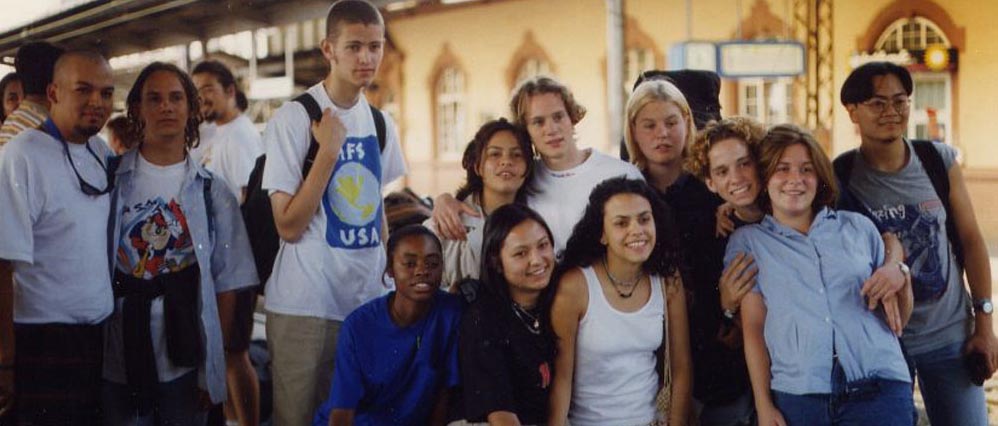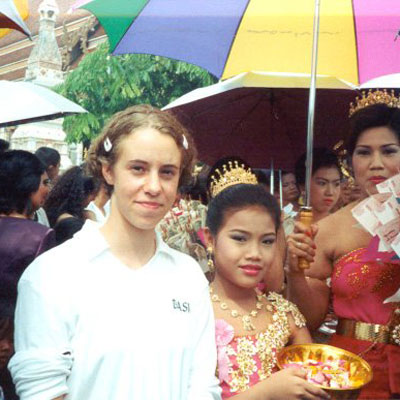
Intercultural Learning
From Roberto Ruffino’s speech on the occasion of receiving an honorary doctorate in Intercultural Learning from the University of Padua
In Strasbourg, in 1980, we proposed a definition of intercultural learning that the Council used in the final report of the first Conference on Intolerance in Europe. We spoke of “a new learning situation where students coming from different cultural environments are helped to see their differences as resources to acquire a greater understanding of themselves rather than as deviations from the norm. That is, a situation where every culture is explained in the context of the others through a process that stimulates doubts about self, curiosity about others and an understanding of reciprocal relations and…involves students both intellectually and emotionally.” *)
*) Council of Europe, Conference on Intolerance in Europe, 9-11 December 1980, Report, CEJ/CI (80) 14, page 39 of the English version.
At AFS, we are committed to intercultural learning as the primary means by which we hope to achieve a more just and peaceful world. While there are strong academic and theoretical traditions in intercultural learning since the middle of the 20th century in many countries, intercultural learning as we know it can only take place in the context of developing relationships with people from other cultures. The AFS program supports and guides students through the intellectual, emotional, and even physical aspects of learning to live, relate to others, communicate, and behave appropriately in a different cultural setting from the one in which one was born. Through the process of intercultural learning, AFS students understand themselves and their own culture more deeply, and develop an intense curiosity about others and an enduring respect for other traditions, languages, beliefs, values, and ways of life.
Dr. Bettina Hansel
Former Director of Intercultural Education and Research, AFS International


AFS Center for the Study of Intercultural Learning
The AFS Center for the Study of Intercultural Learning (CSIL) was established 1978 with Neal Grove as Director of Research and Program Development. A function of AFS International, the goal of the Center was to conduct research and provide information and educational materials to support and enhance the AFS programs worldwide. Bettina Hansel joined AFS in 1980. The two member team designed and conducted the research. The 1981 AFS Impact Study eventually became her doctoral dissertation. Among others the AFS Orientation Handbook series were published during that decade. The CSIL was discontinued in 1995.
Overview of AFS Research
In 2002 the function was reestablished, the Center’s activities and publications were coordinated by Dr. Bettina («Betsy») Hansel, Director of Intercultural Education and Research, until 2009.